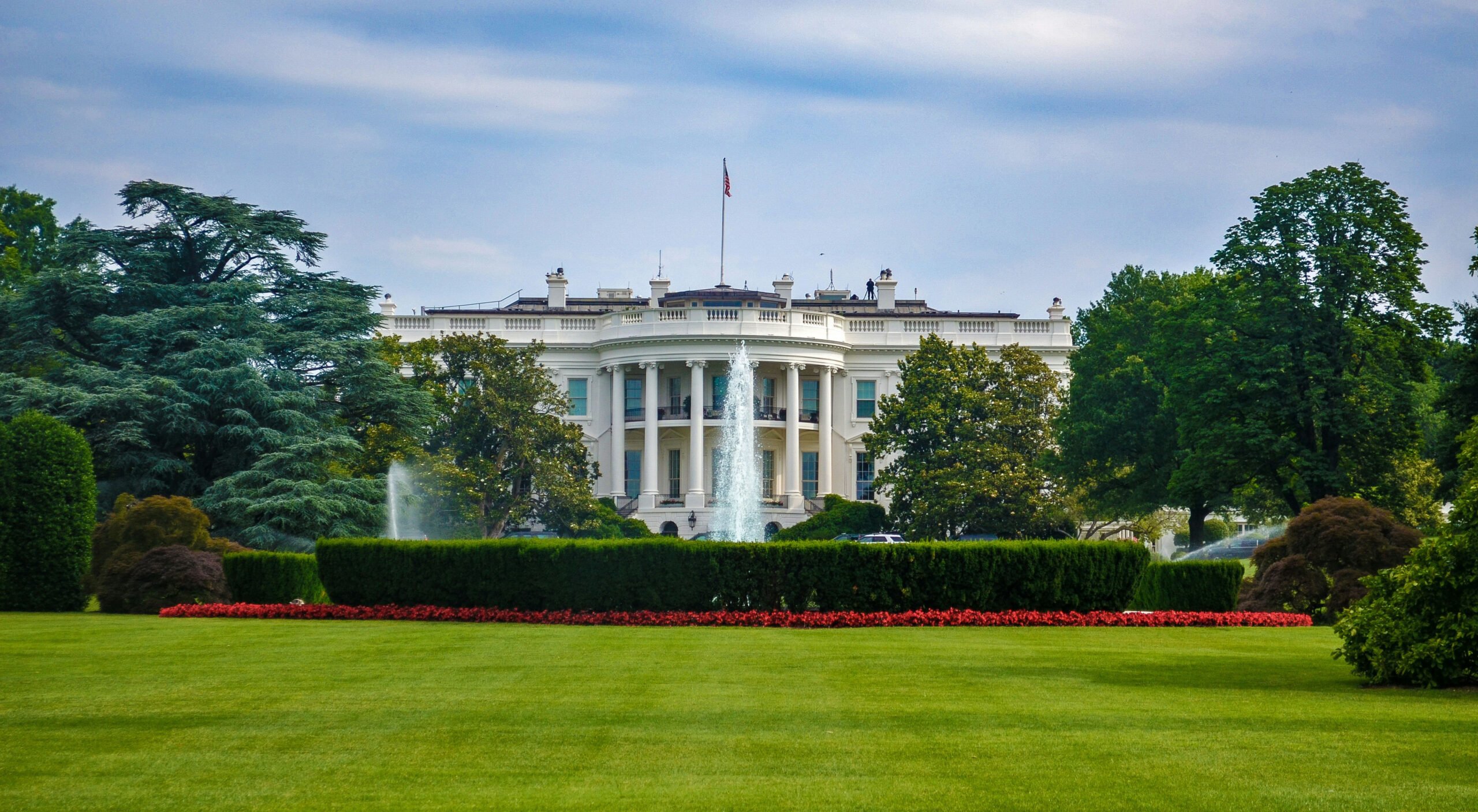What Employers Need To Know About The Trump Administration’s Ending Illegal Discrimination And Restoring Merit-Based Opportunity Executive Order

On Jan. 21, President Trump issued an executive order titled, “Ending Illegal Discrimination and Restoring Merit-Based Opportunity” (the Executive Order). The Executive Order revokes, among others, Executive Order 11246, Equal Employment Opportunity, issued in September 1965, which requires affirmative action and prohibits discrimination by federal contractors.
Overview of the Executive Order
- Stated Purpose
According to the Executive Order, the Trump administration says it will ensure all federal civil rights laws are “enforced for the benefit of all Americans,” and the stated purpose of the Executive Order is to end “illegal preferences and discrimination.”
While the Executive Order does not change existing law, it directs executive departments and agencies to terminate discriminatory and illegal preferences, mandates, policies, programs, activities, guidance, regulations, enforcement actions, consent orders, and requirements and to focus on ensuring employers’ Diversity, Equity, and Inclusion (DEI) efforts comply with federal equal employment opportunity laws.
- Federal Contractors
Section 3 of the Executive Order prohibits the Office of Federal Contract Compliance Programs (OFCCP) from promoting “diversity,” requiring contractors to take “affirmative action,” and “allowing or encouraging federal contractors and subcontractors to engage in workplace balancing” based on protected characteristics. It also prohibits federal contractors from considering race, color, sex, sexual preference, religion, or national origin “in ways that violate the Nation’s civil rights laws.”
As for contracts and grants, federal agencies are required to include a term where the contractual party or grant recipient — which includes private companies with federal contracts — agrees to comply with all applicable federal anti-discrimination laws and certifies it does not operate programs that promote illegal DEI. Moreover, the Office of Management and Budget (OMB) must delete references to DEI principles from federal acquisition, contracting, grants, and financial assistance procedures and terminate all mandates, requirements, and programs related to “diversity,” “equity,” “equitable decision-making,” “equitable deployment of financial and technical assistance,” and “advancing equity.” These terms, however, are not defined and will require further guidance from the government.
- Private Employers
Section 4 of the Executive Order addresses private employers and encourages the end of illegal DEI and preferences by directing federal agencies to enforce civil rights laws that prohibit discrimination in employment and require equal employment opportunity.
Moreover, within 120 days of the Executive Order, the Attorney General, with the heads of relevant agencies and in coordination with the Director of OMB, must submit a report to the Assistant to the President for Domestic Policy. The report must contain recommendations for enforcing federal civil rights laws and other measures to encourage private sector employers to end illegal DEI. The report is to include “key sectors of concern,” “egregious and discriminatory DEI practitioners,” and a plan to deter illegal DEI programs or principals. With regard to the sectors, the report will identify up to nine potential civil compliance investigations of publicly traded corporations, large non-profit corporations or associations, foundations with assets of $500 million or more, state and local bar associations, state and local medical associations, and institutions of higher education with endowments over $1 million.
Impact of the Executive Order
Importantly, the Executive Order does not change the law or require employers to end all DEI initiatives. Rather, the Executive Order focuses on eliminating “illegal” DEI programs through increased investigation and enforcement. Given existing case law, the following practices present the most risk to employers:
- Setting quotas or targets for specific demographics within the workforce;
- Articulating a preference for hiring individuals based on their demographics; and/or
- Making hiring or employment decisions based in whole or in part on an applicant or employee’s race, gender, or any other protected characteristic.
In light of the Executive Order, employers should consider reviewing and revising their current DEI initiatives and employment practices for compliance with federal civil rights laws. Employers should also consider training current employees on any changes to DEI initiatives and employment practices while also reminding employees of the employer’s commitment to equal employment opportunity.
Please reach out to a member of Taft’s Employment and Labor Relations group or Government Contracts group with any questions regarding the Executive Order or for assistance reviewing DEI initiatives and employment practices for compliance.
In This Article
You May Also Like
DOS Expands Mandatory Social Media and Online Presence Review for H-1B, H-4, F, M, and J Visa Applicants Effective Dec. 15 (Expect Visa Appointment Cancellations/Rescheduling) Immigration Alert for Pause and Review of Pending Asylum Applications and All USCIS Benefit Applications Filed by Foreign Nationals from High-Risk Countries – Effective Immediately